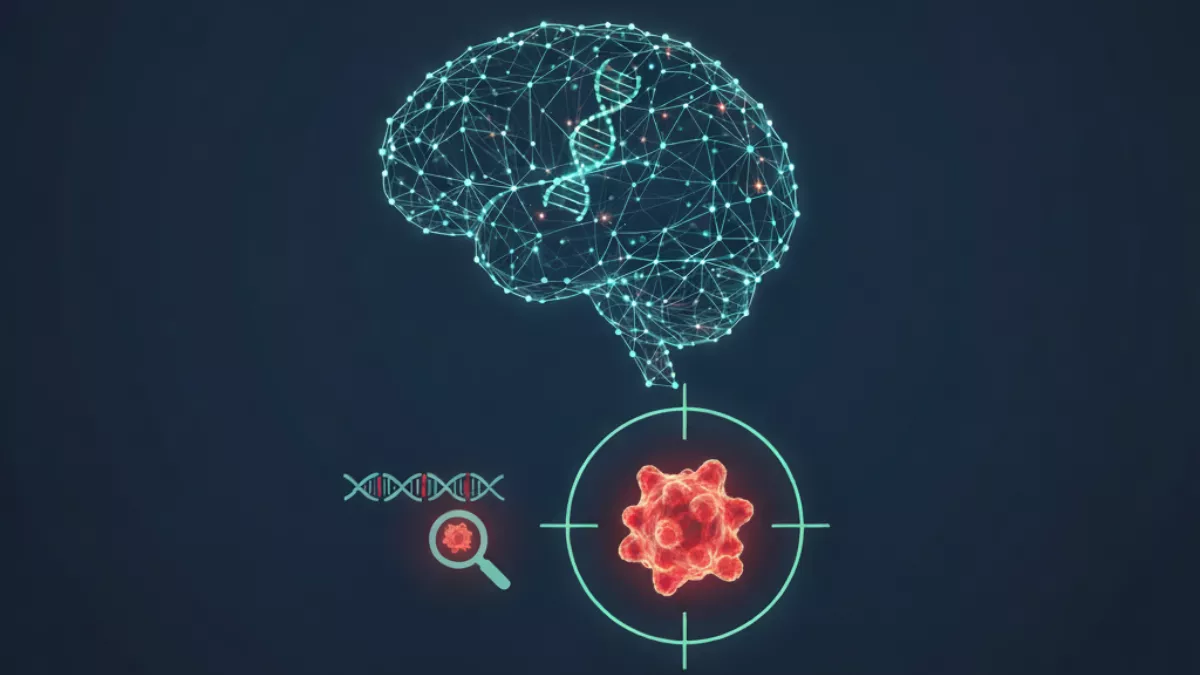Google Research launches DeepSomatic, a machine learning tool that identifies genetic variants in cancer cells with precision, promising better treatment outcomes for patients worldwide.
Key Highlights:
- Google Research unveils DeepSomatic for accurate cancer variant detection
- Developed with UC Santa Cruz Genomics and Children’s Mercy Hospital
- Tool helps doctors deliver personalized cancer treatments
- Available for global cancer research applications
Google Launches DeepSomatic for Cancer Research
Google Research has introduced DeepSomatic, an advanced machine learning model designed to identify genetic variants in cancer cells. The tech giant developed this tool in partnership with UC Santa Cruz Genomics and Children’s Mercy Hospital.
How DeepSomatic Improves Cancer Treatment
The new AI model addresses a major challenge in oncology: detecting specific genetic mutations that drive cancer growth. DeepSomatic analyzes tumor samples and pinpoints variations with remarkable accuracy, giving doctors crucial information to prescribe targeted therapies.
Traditional methods of identifying cancer variants often miss subtle mutations or produce inconsistent results. DeepSomatic overcomes these limitations by using deep learning algorithms trained on extensive genomic datasets.
Machine Learning Meets Precision Medicine
The tool represents a significant step forward in precision medicine. When doctors understand the exact genetic makeup of a patient’s tumor, they can select treatments that target those specific abnormalities. This approach increases treatment effectiveness while reducing unnecessary side effects.
Children’s Mercy Hospital and UC Santa Cruz Genomics brought clinical expertise and genomic research capabilities to the project. Their collaboration with Google Research ensures DeepSomatic meets real-world medical needs.
Global Impact on Cancer Research
Google designed DeepSomatic for widespread use across research institutions and medical centers worldwide. The company aims to democratize access to advanced genetic analysis tools, particularly benefiting facilities that lack extensive resources for genomic testing.
Cancer researchers can now process samples faster and with greater confidence in their results. This speed matters when patients need quick answers to start appropriate treatment.
The launch marks another example of artificial intelligence transforming healthcare diagnostics. As machine learning models become more sophisticated, they continue proving valuable in detecting diseases earlier and guiding treatment decisions more effectively.


